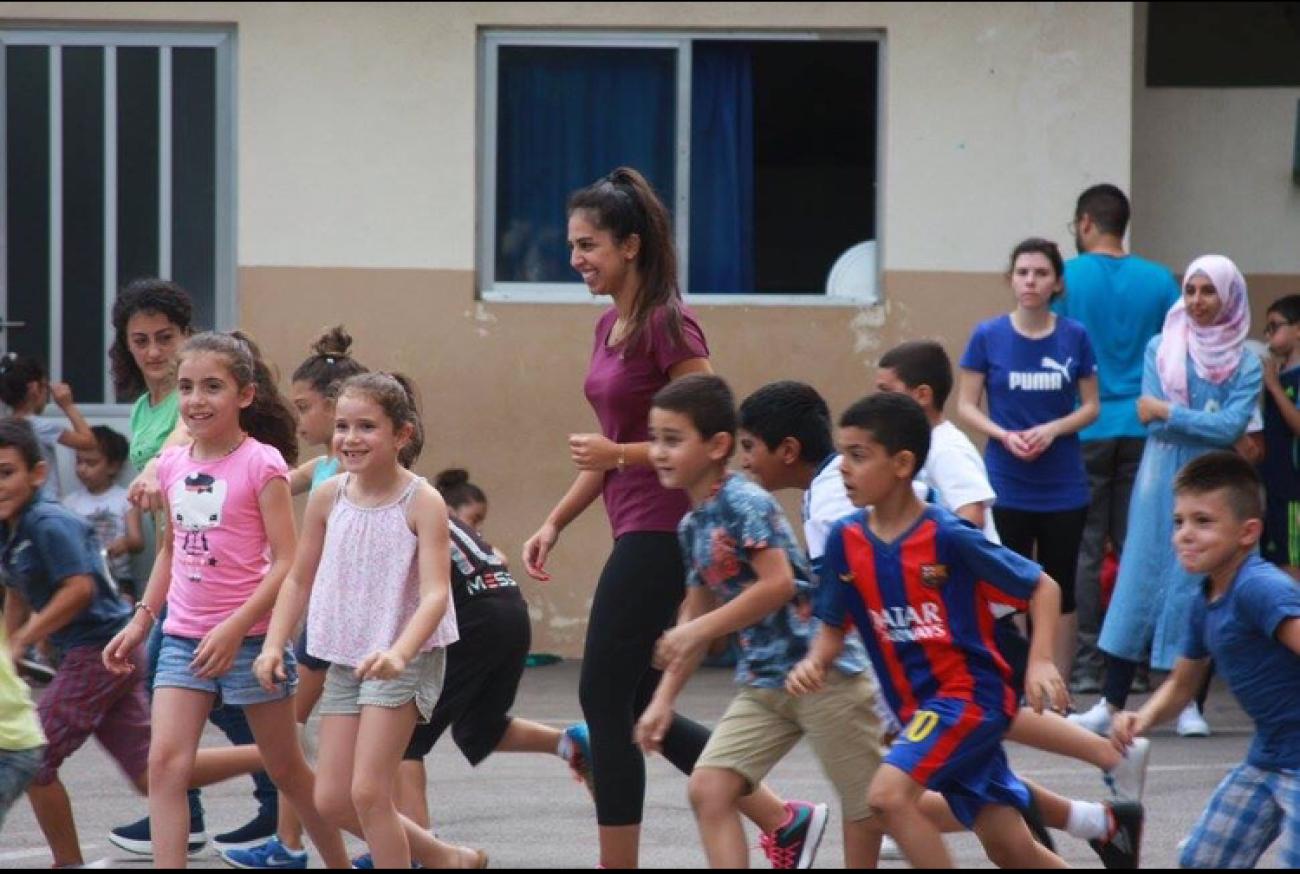Do small actions add up to big change? Does what I do really make a difference? That’s the question facing people over the world many times a day.
The people of Lebanon have an answer for you. And it all started at an ATM in a bank lobby in Beirut, the capital city.
Customers came in to get cash for the day. Problem was, the maximum withdrawal was $4. Captured on hidden cameras in the bank lobby, people looked perplexed. “That can’t be right,” they thought. They tried again. Still $4. They tried another machine, and yet again the limit was $4.
Could they manage on that amount just for today? No? Well, please think about the more than one in four people in Lebanon who have no choice but to live on that little—or less—per day. The poverty rate in the country is a staggering thirty per cent.
A video of the episode produced by the UN in Lebanon went viral on social media, getting 15,000 views in two hours, eventually reaching a hundred times that many, and earning mentions in some of the country’s top media outlets.
That was the provocative start of #TakeAStep, a year-long campaign of all United Nations agencies, funds, programmes and missions in Lebanon to mobilize the country to take action on ending poverty, achieving peace, and fulfilling the rest of the Sustainable Development Goals (SDGs).
“This campaign was a wake-up call that we need to work collectively for the good of the people,” says Abeer Obeid, a young Lebanese woman who took part. Abeer’s big cause is education. “I began reaching kids in rural areas of Lebanon whenever there was a need,” she reports. “Then I started raising funds and buying books and set up a library in a rural village.”
Obeid and many thousands of others heard about the campaign through social media, traditional media, and other channels that participating UN agencies used during the campaign. People nationwide were encouraged to tag #TakeAStep when posting on social media about action they’d taken or would commit to taking.
Malak Al-Terkawi’s first step was…not a great success. After doing some cursory research online, she created the prototype of a reusable cotton bag, which she hoped to turn into a brand and sell. Eighteen prototypes later, and Malak, a 19-year-old Syrian national who moved to Lebanon in 2018, finally had what she called a “Brio Bag,” which she started marketing.
Over the course of the #TakeAStep campaign, people engaged about 3 million times online; close to 3,000 people joined the UN on social media or via the website; and hundreds took real-life action that touched many thousands of lives. Those are big numbers in a country of 6 million people.
So, does it really matter if I teach some refugees? Will it actually help if I use a cloth bag to carry my groceries in? I’m just one person, do I really make a difference? The people of Lebanon have answered: Yes, yes, and yes.
“The old proverb says, ‘A journey of a thousand miles begins with a single step,’” says Margo Helou, director of the United Nations Information Centre in Beirut and chair of the UN Communications Group in Lebanon. “The people of Lebanon have just logged a lot of steps on the way to the SDGs.”








